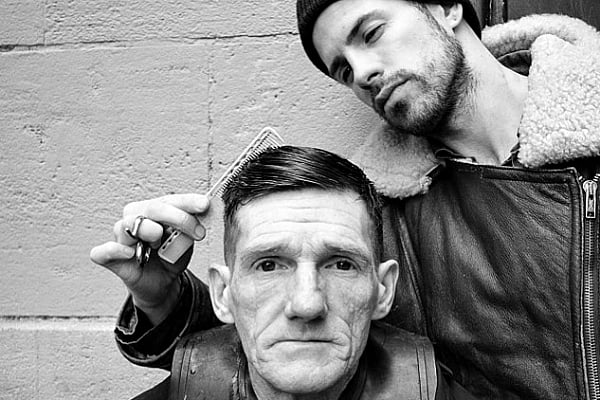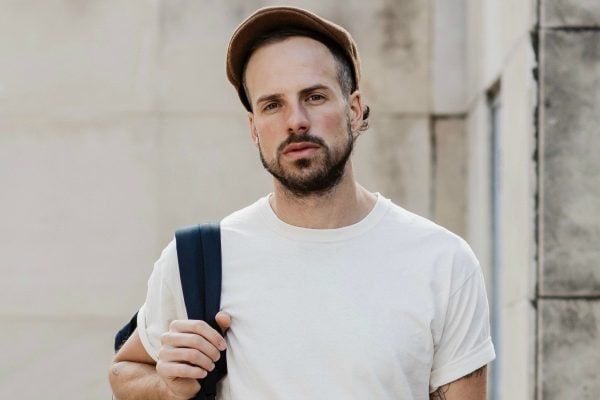
Joshua Coombes spotted the man from across the street. He was lying on the footpath in Downtown Los Angeles, not far from passing traffic. Men and women stepped over and around him, this inconvenience, this obstacle to their day.
Joshua approached the man, unsure of how to help. He started with something simple. A question. “Are you OK?”
That man’s name was Tomás. And that day, he became one of the hundreds of people living on the streets around the world that Joshua, a hairdresser by trade, has connected with and transformed.
This is him…
View this post on Instagram


Top Comments
What a brilliant concept and article. I am not homeless but even I know how uplifting a hair cut and tidy up can be when I’m feeling low. Just a chat and touch is all that’s needed and I’m so glad that he has made that point. Human interaction is everything. I hope he continues his good work and that others learn from it: I’ve never avoided homeless people and have often wondered how I could help in ways other than financial so this definitely got me thinking.